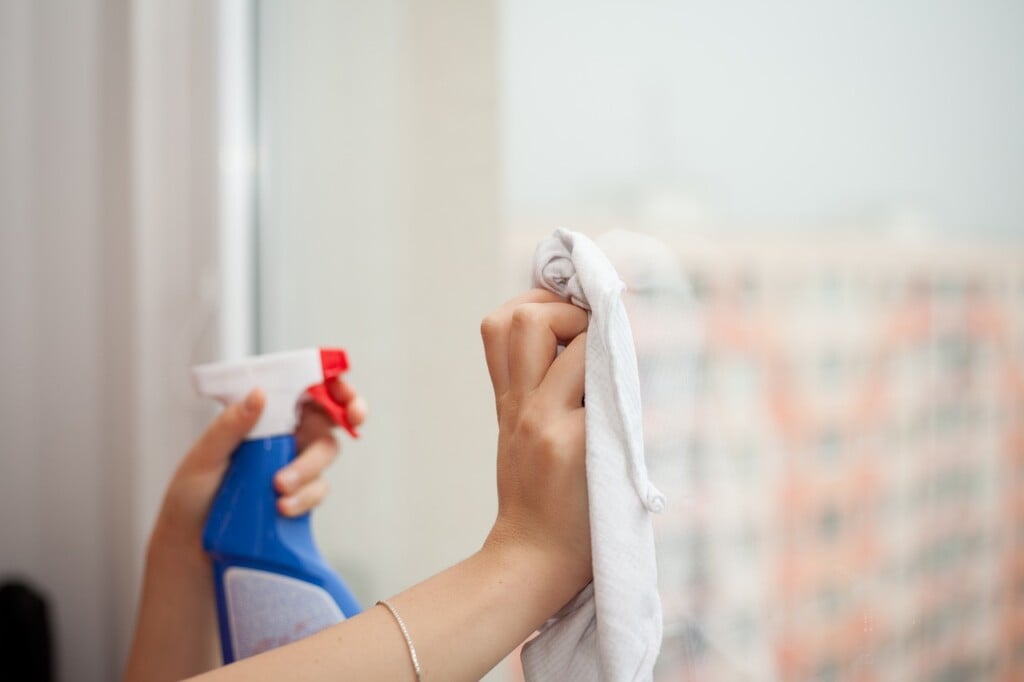The Truth About Chores: Which Ones and Why For Kids of All Ages
A smaller number of households are doling them out, but at what cost?

A 2014 survey conducted by Braun Research found that 82% of adults reported having regular chores growing up, but only 28% said that they require their own children to do them.
Parents choose not to assign their kids chores in the house for many reasons. With little kids, it may seem easier and more efficient for parents to do the tasks themselves. As kids get older, it can feel like a chore to get them to do a chore. Parents may think it’s not worth the effort to get their child to make their bed or take out the trash. They may remember hating doing chores as kids and want to eliminate this expectation in their house. Or they may simply want to avoid an argument.
Some parents believe it’s unfair to burden tweens and teens with household chores when they already have demands with homework and sports. But helping around the house is crucial to a child’s development and teaches valuable life skills. “It’s good for kids to learn at a young age that being part of a family means taking on some responsibility,“ says Dr. Sheryl Gonzalez Ziegler, licensed clinical psychologist and author of The Crucial Years: The Essential Guide to Mental Health & Modern Puberty in Middle Childhood (Ages 6-12).
Chores and Young Kids
“Little kids actually want to help,” Ziegler explains. “They like having a role in the household, and it allows them to gain self-esteem.”
It’s important for parents to present tasks not as punishments, but as ways for the child to be a contributing member of the family. “The idea is for parents to use these tasks to develop their child’s confidence and work ethic,” Ziegler says. “We don’t want kids seeing these tasks as something they have to do, but something they want to do because it makes them feel a sense of pride to contribute to the care of the home.”
Seeing what they are capable of makes kids industrious and gives them a sense of accomplishment. Just be patient as you encourage them. “So what if it takes a little longer to pick up the toys or the bed isn’t made up perfectly?” Ziegler says. “Don’t be critical of a child that is trying their best. Celebrate the wins.”
Chores and Older Kids
Kids who’ve had household chores since they were small can build upon the skills they’ve learned. It may take some cajoling for older kids, but it’s worth the effort. “It’s all about routine and reinforcement,” Ziegler says. “Parents need to be consistent and not let kids off the hook because they feel guilty or it’s not worth asking. If you want your teen to be a good guest and clear their plate or offer to do the dishes at a friend’s house, they must learn that behavior at home.”
Ziegler disagrees with the idea that older kids are too busy to help out at home. “No one is that overextended,” she says. “Even the busiest teen can find time each day to scroll their phone or watch videos. So, they have 15 minutes to take out the garbage or make their bed.”
Having responsibilities at home helps teens learn time management. “It’s a life lesson when a child has to tell a friend, ‘I can’t come over straight after school because I have to walk our family dog first, but I’ll come after’,” Ziegler says. “They learn how to prioritize.”
Rather than being a stressor, completing household tasks can have the opposite effect. “If you make your bed first thing in the morning, you have already accomplished something before you even walk out the door,” Ziegler says. “It’s a simple task but sets a positive tone for the day ahead.”
Everyone Contributes
“The reality is that even if your child has never done a load of laundry, they will learn when they leave home and are on their own,” Ziegler says. “It’s not knowing how to do laundry as much as it is about learning life skills and responsibility.”
Chores also help kids understand they are an integral part of the family. “As the parent, I go grocery shopping, and when I get home, the kids can help unload the car,” Ziegler says. “I prepare dinner while the kids set and clear the table. I’m not doing them a favor; they aren’t doing one for me. Instead, the mindset is one of respect. We all have responsibilities and are all working together. We have a home and are grateful for it, so we take care of it, which is how we care for each other.”
RANDI MAZZELLA is a freelance writer specializing in parenting, teen issues, mental health, and wellness. She is a wife and mother of three children. To read more of her work here.









